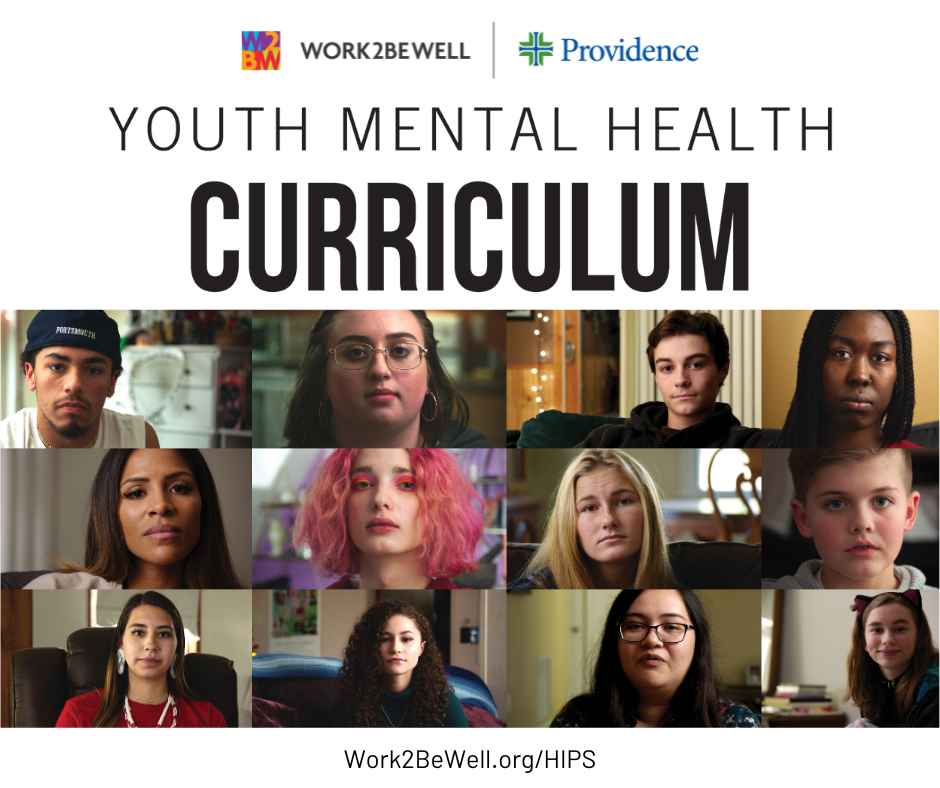
When teenagers find themselves struggling with weight, it’s logical for them and their parents to obsess over the number on the scale. But a new set of scientific guidelines says that parents can help their overweight teens by focusing on their food, not their weight.
It’s only natural for a parent to become concerned when their teen becomes overweight after all, it affects his or her health, both physically and mentally. Whether the teenager has been diagnosed with a weight-related health problem, like high blood pressure, or is facing bullies at school, it’s the parent’s job to step in. Additional issues may arise, however, when the help a well-meaning parent offers is not welcomed by the teenager, or is actually counterproductive to helping with the weight problem itself.
According to the new guidelines recently published by the American Academy of Pediatrics (AAP), parents do need to be involved but they should be encouraging a healthy lifestyle, not just weight loss.
While the AAP has previously issued guidelines on teen obesity and eating disorders, the new report combines the two, reflecting a more evidence-based, holistic approach to teen weight control. The report offers parents and doctors proactive guidance to help teenagers avoid eating disorders as well as obesity. These recommendations stress that parents need to play a larger role in promoting healthy eating habits and exercise for their teens, so they develop a healthy relationship with food and their bodies.
What parents shouldn’t do
With teens, it’s best for parents to avoid talking about weight, and to become a good example for their children to follow. Things to avoid include:
- Weight talk. Comments by family members about their child’s weight or their own have been shown to aggravate eating disorders.
- Weight teasing. When comments turn critical, teens can actually gain more weight or even turn to binge-eating.
- Body image dissatisfaction. When talk focuses on negative body image, it reinforces bad habits and has been linked to eating disorders.
- Dieting. Setting up strict diets (for kids or for themselves) has actually been shown to be a risk factor for obesity and even eating disorders. Parents can help their kids make positive changes by encouraging good eating and exercise habits, not making restrictions on behavior and food.
What parents should do
- Focus on healthy eating. Don’t stare at the scale, but make it about the delicious, healthy foods the family is incorporating into meals.
- Foster a healthy body image. A positive body image is linked to fewer instances of destructive eating behaviors.
- Focus on family meals. During family meals, parents can model healthy eating behaviors for kids to emulate, while providing the varied, appealing healthy foods that their children will eat.
Parents will obviously need to step up and be consistent in order for these efforts to be successful. They can start by scheduling healthy activities that the family can do together, like fun outdoor sports and games. They can keep healthy foods in the house, keep the sugary snacks out, and remember that positive reinforcement works. Children, especially those on the younger side, should be complimented daily for making good choices and showing good behavior.
If parents are concerned about the weight of their teens (or themselves), it’s always a good idea to consult with a doctor before launching an ambitious program on their own.
The Centers for Disease Control provides an online body mass index calculator to help parents discover the optimal weight for their children.



